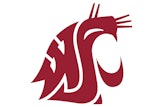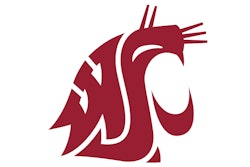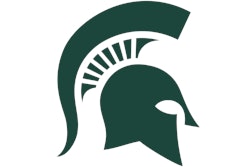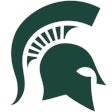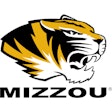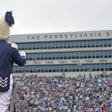Wallace Loh, the president of the University of Maryland, announced on Monday that he was recommending renaming Byrd Stadium, home of the school’s football team.
Harry Clifton Byrd, the stadium’s namesake and long-honored alum of the university, served as its president from 1936 to 1954. However, Byrd barred black students from enrolling at the University of Maryland until he was forced by court order to admit black students. Byrd also ran for governor on a segregationist platform.
According to the Washington Post, university students around the country have called into question the legitimacy of naming campus buildings and landmarks for historical figures that represent divisive or degrading ideas.
One such situation is unfolding at Princeton University, where students are seeking the removal of former president Woodrow Wilson’s name from the school of public and international affairs. Wilson, on the one hand, is honored for his progressive policies, but on the other, is blemished for supporting segregation.
These issues feed into a larger debate on political correctness. One side argues that history, both good and bad, must be acknowledged. The other argues that revering these complicated figures is indirectly supporting everything they stood for—including discrimination and racial bigotry.
In his message advocating for the change, Loh wrote that Byrd is regarded as “Father and Builder” of the university.
“He was also an ardent proponent of racial segregation and discrimination. To many African-American alumni and students, ‘Byrd Stadium’ – the ‘front porch’ of the institution, not the most important part of the educational house, but the most visible one – conveys a racial message hidden in plain sight,” he wrote. “The name stands as a vivid and painful reminder that a generation ago they were unwelcome on this campus. For them, this past is more than mere history. Their pursuit of inclusion and equal opportunity remains unfinished.”
“History is not about the past,” he continued. “It concerns today’s debates about the past.” While it’s unfair to judge past leaders by our contemporary values, he wrote, “the world has changed.”
The university’s Board of Regents, which has the power to change the name on the stadium, is scheduled to vote on the name change proposal tomorrow morning.














